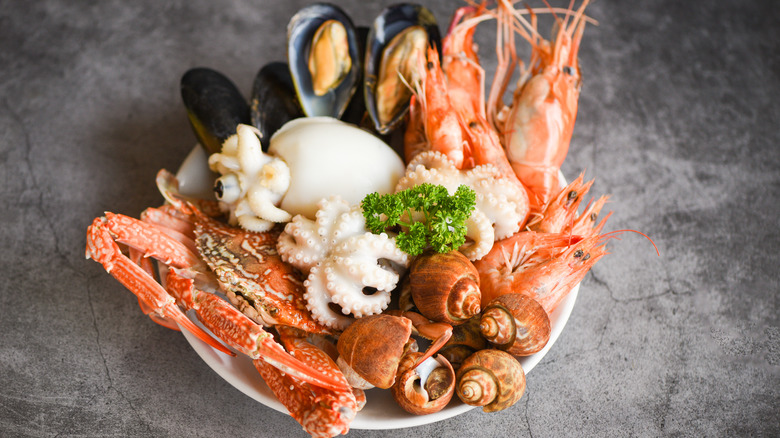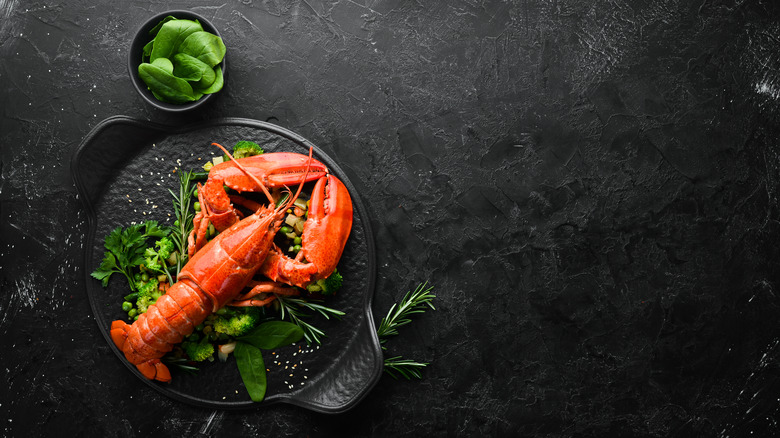What You Should Know About Shellfish Phobias
Most of us have a food item or two that we avoid eating. Perhaps you got food poisoning from a local Chinese restaurant, and now you can't eat Chinese without feeling squeamish. Maybe you practice Judaism and cannot eat pork products. Or possibly you have a nut allergy and the very smell of peanut butter makes you nervous.
The most common of food phobias in American adults is that of shellfish. Also known as ostraconophobia, the fear of eating shellfish can be caused by a number of different factors. Like other phobias, ostraconophobia can lead to anxiety, depression, and in some cases, physical symptoms. (Fear caused by an allergy is a little different, in that physical symptoms are part of an allergic reaction.)
Because phobias can sometimes be life-limiting, it's important to recognize triggers and understand the psychology behind them. Having this knowledge can help sufferers and the people around them live more freely and confidently.
Common triggers for shellfish phobias
According to Very Well Mind, most causes of ostraconophobia can be lumped into four categories: risk of food poisoning, religious dietary restrictions, allergies, and texture/taste.
Improperly prepared shellfish can cause three types of food poisoning, all of which can lead to severe illness. Fortunately, food poisoning from shellfish is pretty uncommon and can be minimized with proper cooking.
For those practicing Judaism or Islam, aversion of shellfish is not considered a phobia. However, if an individual no longer practices the religion but gets anxious about eating shellfish, this is considered a phobia.
Similarly, allergy-based aversion is not exactly a phobia, unless the sufferer is overly worried about their food being contaminated by shellfish. Going out of your way to avoid possible contamination can be burdensome on your way of life.
Texture-related aversions refer to the actual consistency of shellfish. Like most other seafood, shellfish has a particular texture that some may find off-putting. It's up for debate whether texture or taste aversions can be considered a phobia, or if they are simply reactions to disgust.
As with any phobia, if your fear of shellfish is causing you to go out of your way to avoid it, seek guidance from a spiritual leader or a mental health professional.
If you or someone you know is struggling with mental health, please contact the Crisis Text Line by texting HOME to 741741, call the National Alliance on Mental Illness helpline at 1-800-950-NAMI (6264), or visit the National Institute of Mental Health website.

